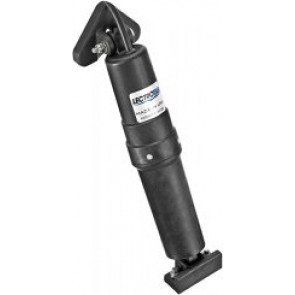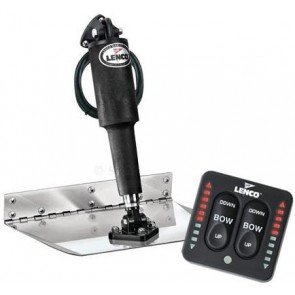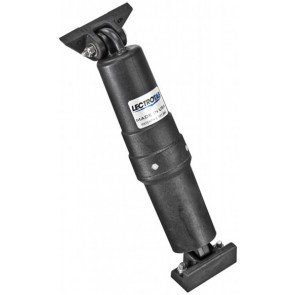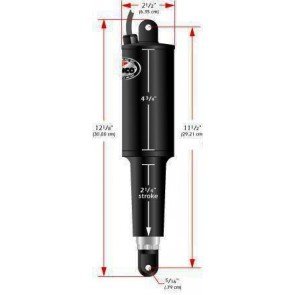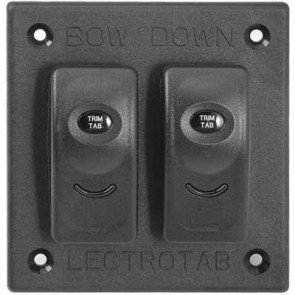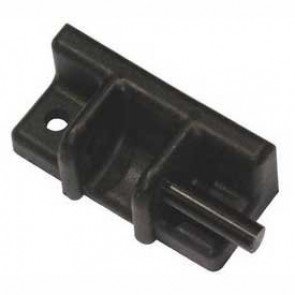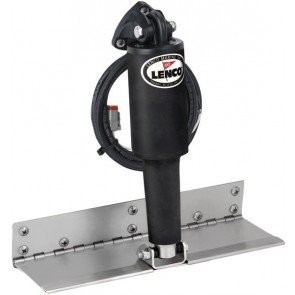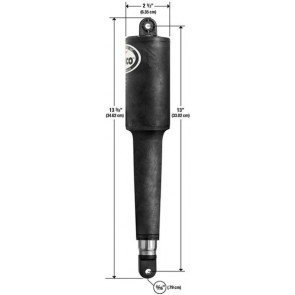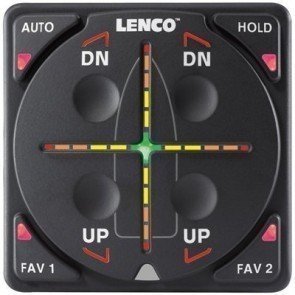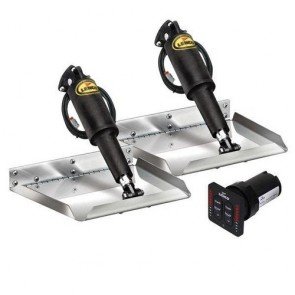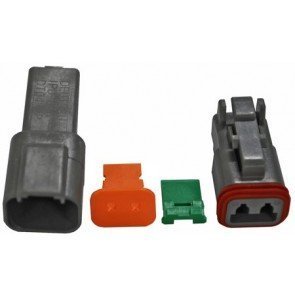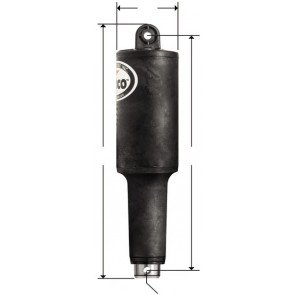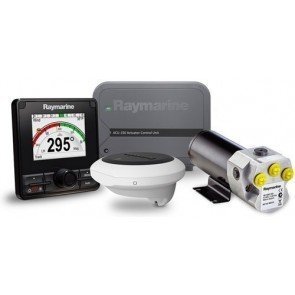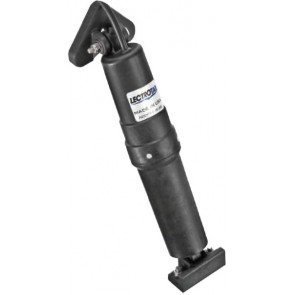Hydraulics
Similar Terms: actuator
Hydraulics refers to the study of a liquid's mechanical properties while in motion, and the application of that knowledge in design and control of machines.
For example, hydraulics is used when looking at the flow of liquids in pipes, pumps, rivers, and channels, and their confinement by dams and tanks.
Modern hydraulic-technology is based on Pascal’s law. Formulated in about 1650, the law states that pressure in a liquid is transmitted equally in all directions - ie. when you put water into a container, the application of pressure at any point will be transmitted to all sides of the container.
With hydraulics, Pascal’s law is used to gain an increase in force through the use of actuators. Hydraulic actuators consist of a cylinder or fluid motor that uses hydraulic power to facilitate mechanical operation. The mechanical motion gives an output in terms of linear, rotary or oscillatory motion. Because liquids are nearly impossible to compress, a hydraulic actuator can exert a large force. The drawback of this approach is its limited acceleration.
Related Products
-
Lowrance Outboard Autopilot Pack
RRP: $1,892.00
NOW: $1,659.00
-
Lectrotab Standard Actuator - 12V DC
RRP: $504.95
NOW: $445.00
-
Lenco Standard Mount Trim Tab Kits With Switch Panels
From: RRP $1,894.45
$1,721.00
-
Lectrotab Short Style Actuator
RRP: $535.25
NOW: $465.00
-
Lenco SRS 101 Actuators - 57mm Stroke
From: $465.50
-
Lectrotab Standard Switch Assembly
From: RRP $262.55
$201.00
-
Lectrotab Actuator Lower Bracket
$46.00 -
Lenco Limited Space Trim Tab Kits
RRP: $1,274.45
NOW: $1,164.00
-
Lenco SRS 102XD 12V Actuator 108mm Stroke
$651.50 -
Lenco Autoglide Boat Control Trim Tab System
From: RRP $2,912.95
$2,410.00
-
Lenco Edge Mount Trim Tab Kits
From: RRP $2,096.45
$1,794.00
-
Lenco Deutsch Plug Kit
$43.00 -
Raymarine ACU100 Autopilot Actuator
RRP: $1,089.00
NOW: $1,008.50
-
Raymarine ACU200 Autopilot Actuator
RRP: $1,819.00
NOW: $1,684.50
-
Raymarine ACU300 Autopilot Actuator
RRP: $3,739.00
NOW: $3,462.50
-
Lenco SRS 101XDS Short 12V Actuator 57mm Stroke
$604.50 -
Starbrite Power Trim & Tilt Fluid
From: $22.00
-
Raymarine EV-150 Hydraulic Autopilot System Pack
RRP: $4,199.00
NOW: $4,080.00
-
Lenco Trim Tab Switch Kit with Integrated LED Indicator
RRP: $871.95
NOW: $808.00
-
Lectrotab Standard Actuator
From: RRP $504.95
$445.00


